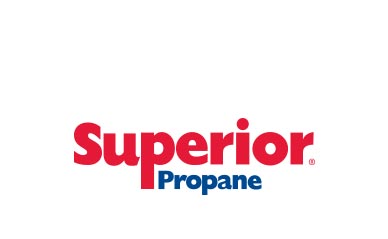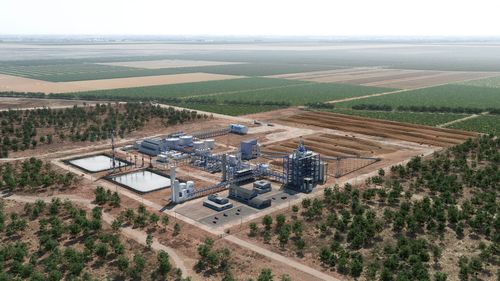A decarbonization services provider is in development on multiple utility-owned hydrogen adoption projects in the Northeast, Texas and Georgia and is preparing to launch a capital raise in 3Q24.
Celadyne, a Chicago-based decarbonization and hydrogen solutions company, will launch a Series A this year as it continues its role in the development of several utility-owned hydrogen adoption projects in the US, founder and CEO Gary Ong told ReSource.
A $20m to $30m capital raise will likely launch in 3Q24, Ong said. The company is relying on existing investors from its recent seed round to advise, and the amount could change based on grants.
While the $4.5m seed round allowed the company to focus on transportation mobility, the Series A will be used to do more work on hydrogen production, so the company will be looking for strategics in oil and gas, renewable energy, and utilities.
DLA Piper is the company’s legal advisor, Ong said.
Celadyne has a contract signed with a utility in the Northeast for a small electrolysis demonstration and, following that, a multimillion-dollar project. Discussions on how to finance that latter project are underway.
Additional electrolysis projects in Texas and Georgia are in later discussions, while less mature deals are taking shape with a nuclear customer in Illinois and another project in Southern California, Ong said.
Fuel cell customers (typically OEMs that use hydrogen) to which Celadyne ships equipment are clustered mostly in Vancouver, Michigan and California.
Meanwhile, Celadyne has generated revenues from military contracts of about $1m, Ong said, a source of non-recurring revenue that has prodded the company to look for a fuel cell integration partner specific to the defense application.
‘Blocking hydrogen’
The company, founded in 2019, is focused on solving for the demand and supply issues for which the fledgling US hydrogen market is notorious. Thus, it is split-focused between hydrogen adoption and production.
Celadyne has developed a nanoparticle coating that can be applied to existing fuel cell and electrolyzer membranes.
On the heavy-duty side, such as diesel generators or back-up power, the company improves durability of engines between 3X and 5X, Ong said.
On the electrolysis side, the technology improves rote efficiency by 15%. In production, Celadyne is looking for pilot projects and verification studies.
“We’re very good at blocking hydrogen,” he said. “In a fuel cell or electrolyzer, when you have hydrogen on one side and oxygen on the other side, you need something to make sure the hydrogen never sees the oxygen,” noting that it improves safety, reduces side reaction chemistry and improves efficiency.
Hydrogen adoption now will lead to green proliferation later should the economics prove out, according to Ong. If not, blue hydrogen and other decarbonized sources will still pave the way to climate stability.
The only negative for that is the apparent cost-floor for blue hydrogen in fuel cell technologies, Ong said, as carbon capture can only be so cost efficient.
“So, if the price floor is say, $3.25 or $3.50 per kg, it doesn’t mean that you cannot use it for things like transportation, it just means that it might be hard to use it for things like shipping, where the fuel just has to be cheaper,” Ong said.
Three companies
Celadyne is split into three focus applications: defense, materials, and production. If only one of those wings works, Ong said he could see selling to a strategic at some point.
“If any of those things work out, we ought to become a billion-dollar company,” he said.
If all three work out, Ong will likely seek to do an IPO.
An acquisition could be driven by an acquiror that can help Celadyne commercialize its products faster, he said.








